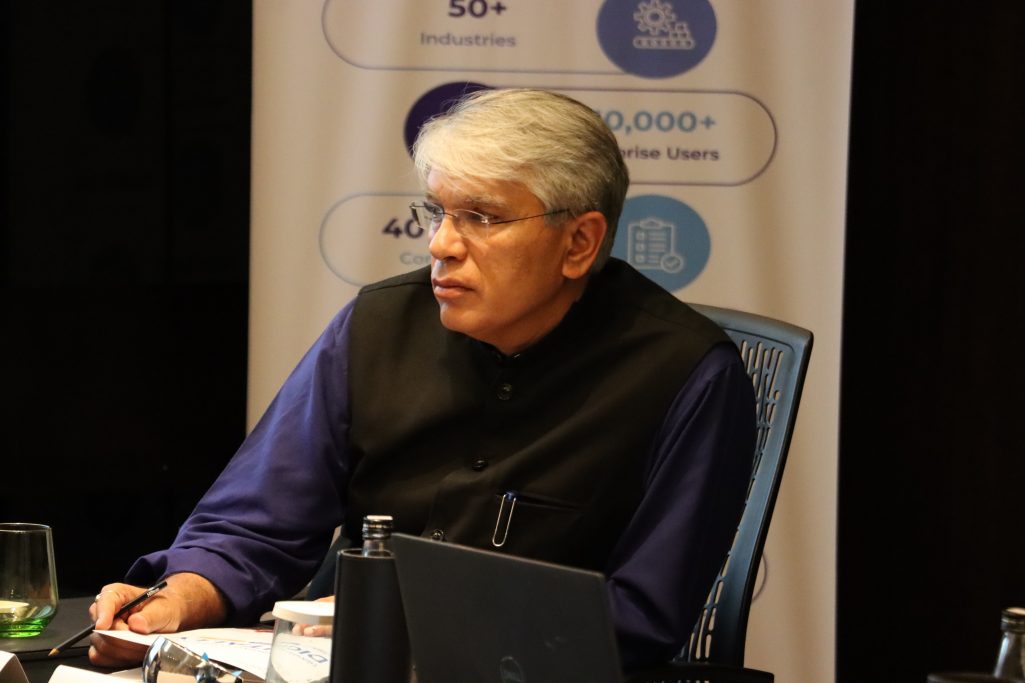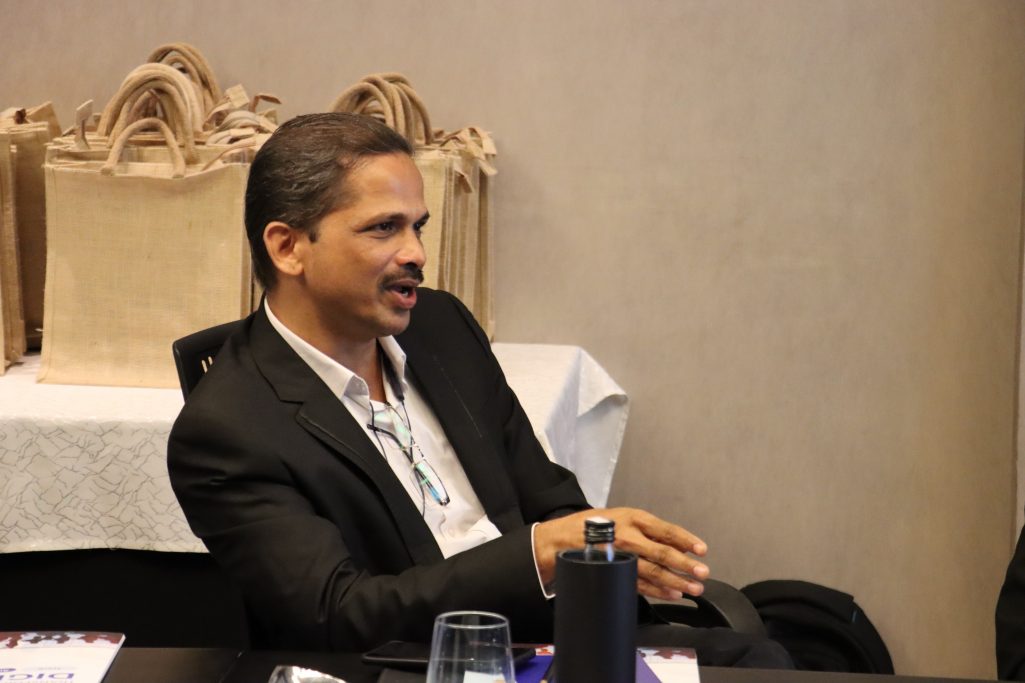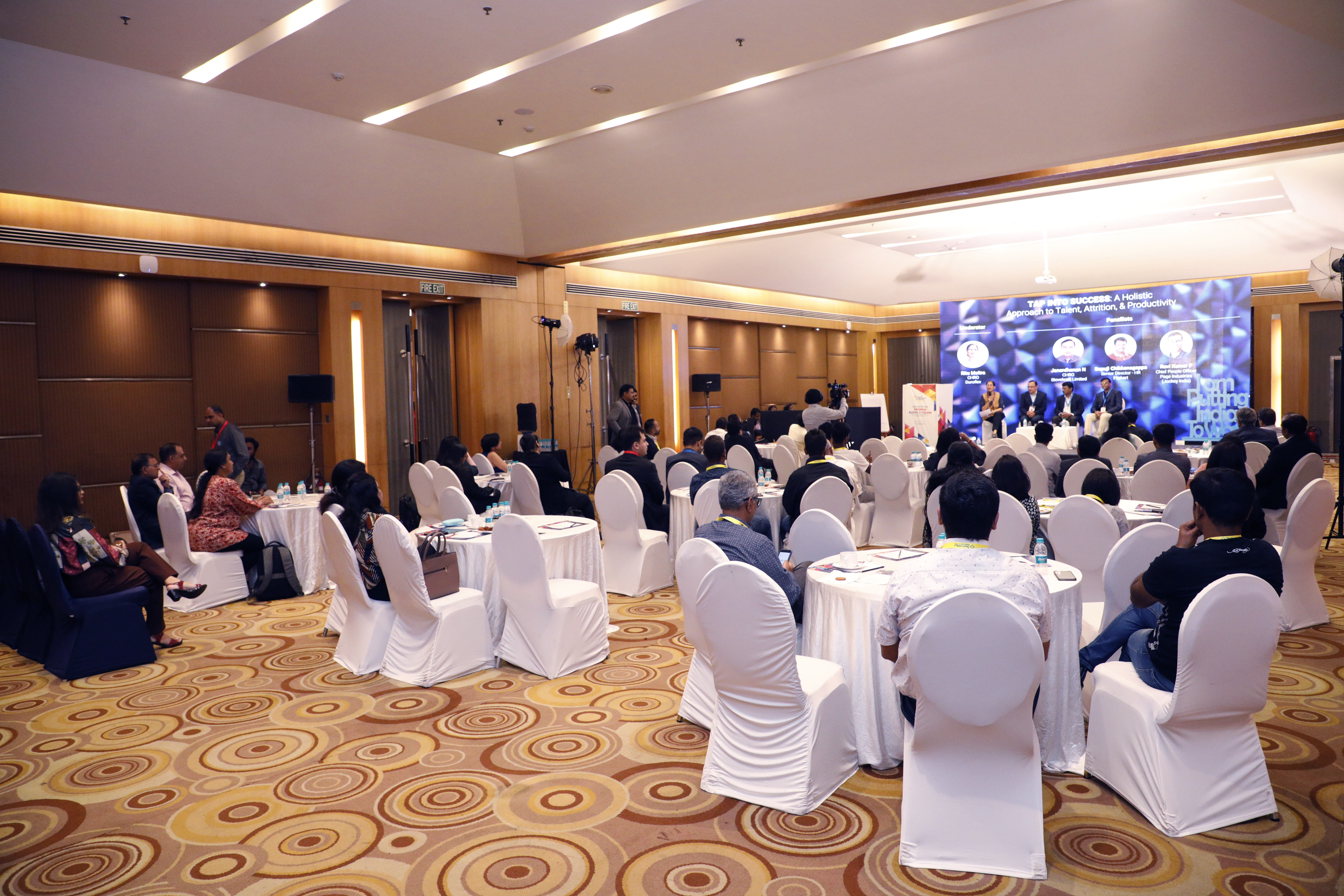The 2023 edition of the Compliance Roundtable, organised by TeamLease RegTech, saw industry stalwarts share their insights on the Indian business environment and its compliance ecosystem. TLRegTech is the country’s leading regulatory technology company that is transforming compliance. Its digital solutions are trusted by over 1,500 entities and 25,000 enterprises in 45 industries, helping corporate India stay on the right side of the law.

The roundtable focused on the need for decriminalisation of the business regulatory framework and the intricate dance between ignorance and stupidity in compliance. The speakers reaffirmed the role of technology in enabling the senior management to build a culture of compliance. Mr. Praveen Jha (CS & Legal Head, Carl Zeiss India) feels that a mandatory training program for corporates around expectations and changes being introduced would help eliminate information asymmetry around regulatory obligations. The roundtable also saw the discussants dive into the need for a national open compliance grid for creating a truly cashless, paperless, and presence-less compliance age in digital India.

The discussion analysed the effect of compliance complexities on businesses and how MSMEs choose to remain informal. This is a direct effect of overregulation and microscopic prescriptions that can land an entrepreneur in jail over trivial transgressions such as failing to whitewash walls of the washrooms, not installing spitoons, or periodic varnishing of walls. A small enterprise with a single manufacturing facility and a single corporate office must deal with over 750 compliances, 23+ licenses and registrations, and more than 120 filings yearly. However, as soon as the company reaches a medium size (six manufacturing facilities), it becomes responsible for over 5,500 compliances, 98 licenses, and 530 filings in a year. For a large corporation, compliance obligations approach the 10,000 mark with 163 licenses and close to 1,000 filings. Moreover, in most instances, companies have to keep filing the same documents and information with multiple regulators, leading to highly repetitive processes.

Panelist: Malvika Mauligkar, Compliance Head, Bangalore International Airport
In addition, the environment is highly dynamic and fluid, with regulatory updates being published on over 2,000 government websites. In 2022, there were 4,880 updates; however, the number of updates had already crossed 4,500 by July 2023. These updates include changes to rates/ duty structures, amendments to existing compliances, adding new compliances, change in compliance deadlines, change of penalties, revision of forms, change to compliance frequencies, as well as introducing new acts, rules, and regulations.

On a global scale, compliance is rapidly transforming with an increased focus on Environmental, Social, and Corporate Governance (ESG) strategies, tightening cybersecurity measures and data privacy regulations, and new-age digital technologies creating new opportunities and challenges. Companies now face greater demands from the Board and shareholders on compliance status. It is here that the emergence of regulatory technology has come in and aided the senior management in ensuring compliance management. The arrival of ‘RegTech’ has been equivalent to monsoon rains after a scorching summer of compliance complexities.

The discussants deliberated on the key compliance challenges that an entrepreneur has to face. These include the element of criminality associated with failure to comply, the complexity of the regulatory framework, a dynamic and fluid compliance environment, highly manual processes, and higher levels of regulatory scrutiny. The Indian regulatory universe is made up of 1,536 acts, which give rise to 69,233 compliances and 6,613 filings. Over 55% (843) of these laws carry imprisonment clauses. 2 out of 5 compliances (26,134) prescribe jail terms for contraventions, and 3 out of 5 can land you in jail for over a year. State-level legislation is responsible for 80% of these clauses. A major chunk of these originate from labour laws, which account for 68% of imprisonment clauses. The states of Gujarat, Punjab, Maharashtra, Karnataka, and Tamil Nadu are the ones with the highest number of clauses that contain provisions for imprisonment.

The panel further agreed that most businesses in India are also vulnerable to accidental non-compliance. These instances are a result of several factors, including missing dates for license renewals, not maintaining records and registers in the prescribed format, inaccurate calculation of statutory liabilities, missing regulatory updates, poor oversight on contractor compliance, and regular introduction of new regulations with serious compliance obligations.

The roundtable emphasised the need to adopt the 3 C’s (Control, Culture, Commitment) of compliance to stay on the right side of the law. To ascertain control, businesses must first have a comprehensive list of applicable compliances. Creating a compliance calendar with periodic reviews of compliance status can go a long way in aiding compliance management. A culture of compliance emerges when there is a compliance-centric tone from the top. Ensuring reward and recognition, implementing an incentive system, and penalising bad behaviour further hammers down the collective responsibility of compliance within the organisation. Employers have long been dealing with employees who do not feel responsible for the company’s compliance status, as highlighted by Ms Malvika Maulingkar (Compliance Head, Bengaluru International Airport). Businesses can ease their compliance pressure by committing to a process of generating and storing digital documents in a centralised repository.
You might also be interested to read:




